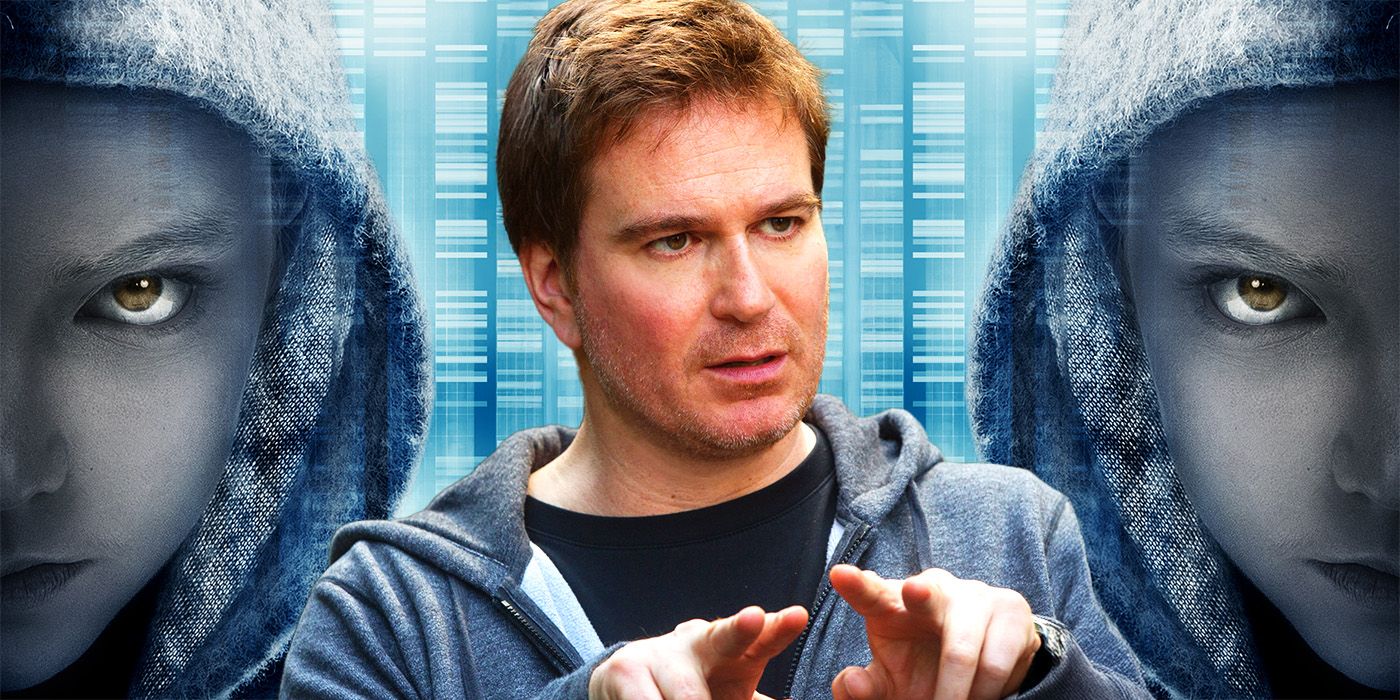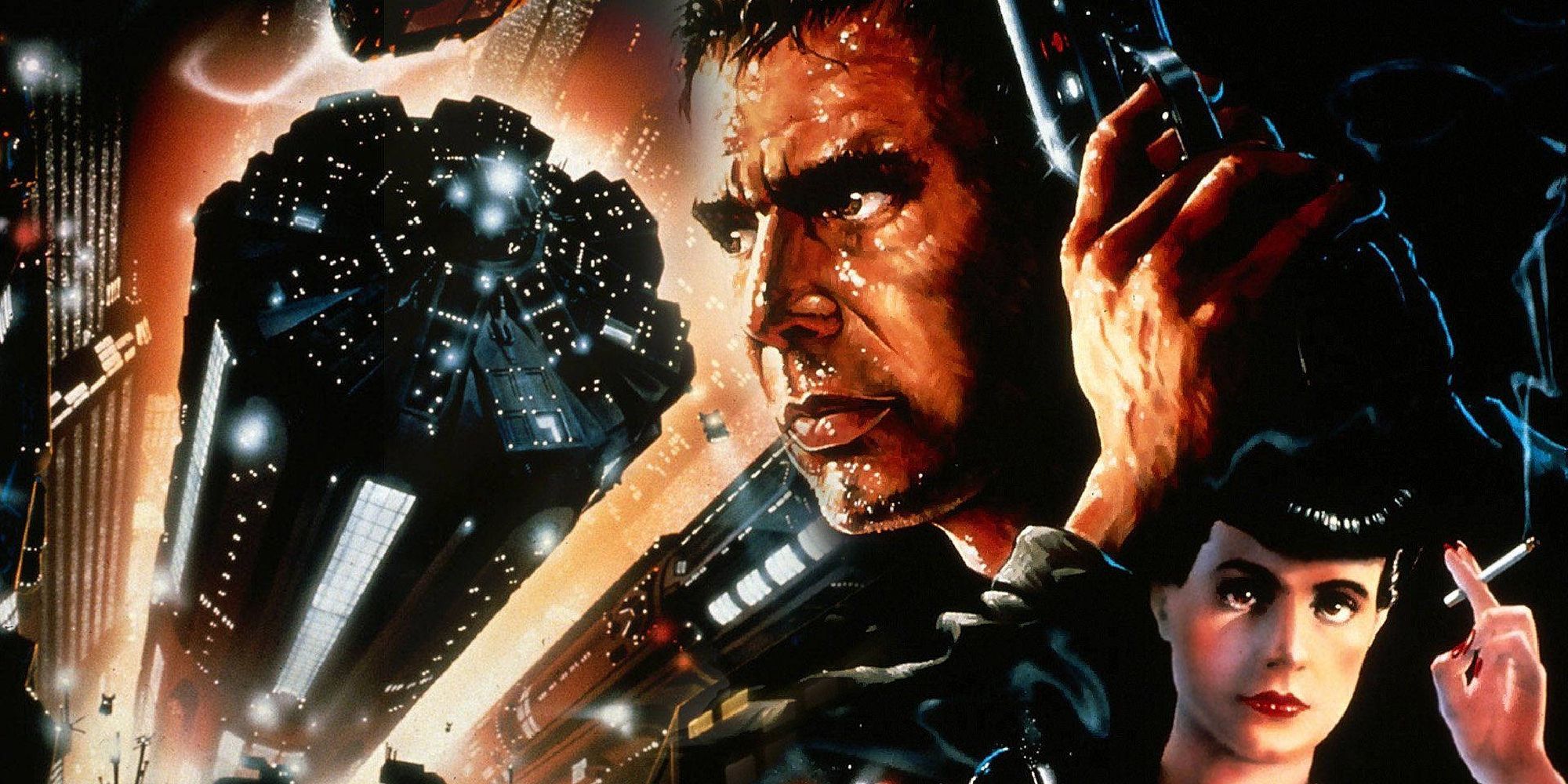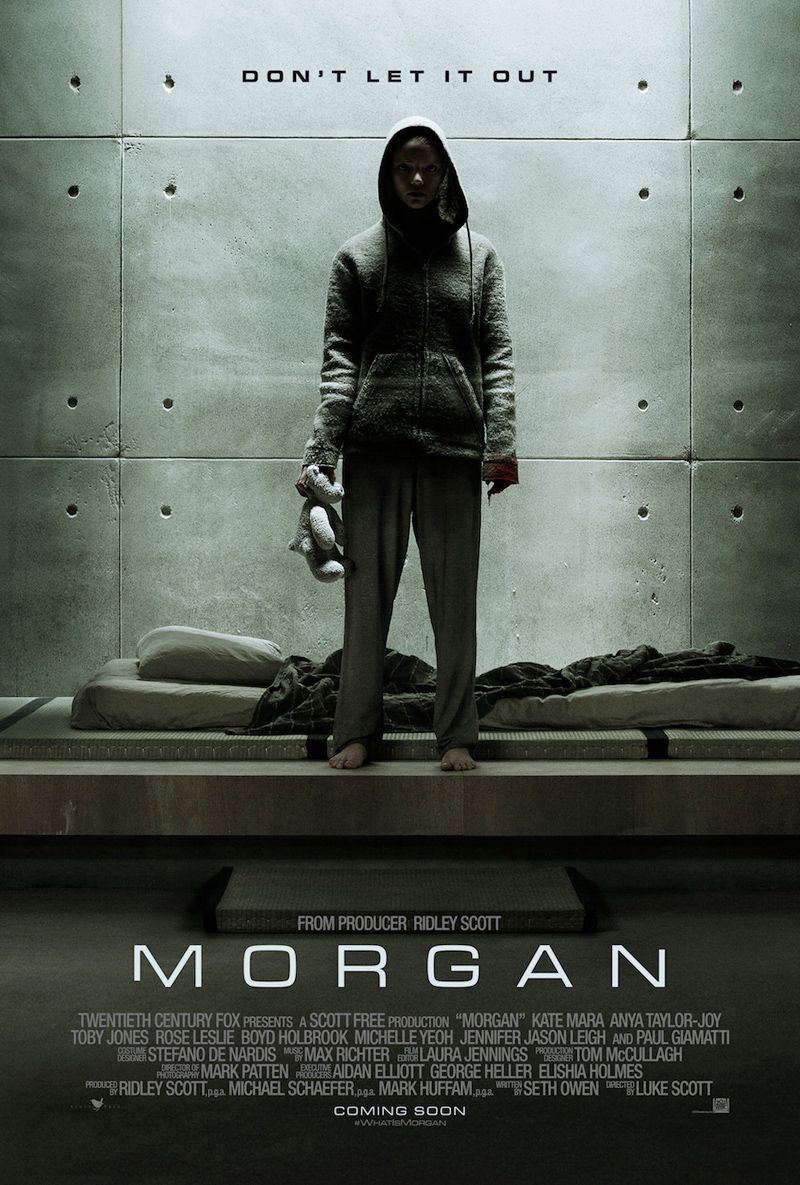Physical Address
304 North Cardinal St.
Dorchester Center, MA 02124
Physical Address
304 North Cardinal St.
Dorchester Center, MA 02124

With a film repertoire spanning recent hits and generational classics, there’s no question that Ridley Scott is a household name in Hollywood, but what most fans of the Alien director may not know is that filmmaking is a family affair for the mind behind Blade Runner. Not only are all three of Scott’s children directors in their own right, but one of the famed filmmaker’s sons, Luke Scott, has collaborated on some of his father’s most high-profile projects over the last decade. Before directing episodes of the Max drama Raised by Wolves alongside his father back in 2020, Luke Scott worked as a second-unit director on The Martian and Exodus: Gods and Kings, though the son of the acclaimed director deserves more credit for his own feature directorial debut, Morgan.
A sci-fi horror film released back in 2016, Morgan stars Anya Taylor-Joy in the movie’s titular role back when the actor had yet to gain global popularity for some of her best roles, though her turn as Morgan is still unlikely to rank among fans’ favorites due to the film’s lackluster Rotten Tomatoes score. Upon release, critics and general audiences alike found Scott’s debut underwhelming and its execution lacking in originality, but it’s no mistake that Morgan has seen a resurgence of interest since hitting Max back in January. While the film has its flaws, Morgan is overall a severely underrated film with a fascinating sci-fi plotline, a compelling cast, and a twist ending that is equally thought-provoking.
1:56

Related
Every Ridley Scott Sci-Fi and Fantasy Movie, Ranked
Ridley Scott doesn’t just go back in time with his epics… his films go to the future, too.
The film centers around Taylor-Joy’s troubled Morgan, the latest in a long line of synthetic humans developed by the futuristic AI firm SynSect, whose violent attack on one of her handlers causes Kata Mara‘s Lee Weathers to be called to her containment facility. Tasked with assessing Morgan’s risk to others (and, by extension, the company), Lee is subsequently forced to toe a careful line between a group of scientists who have loved Morgan since she was a baby and the very real danger posed by Taylor-Joy’s unstable android. The drama of this dilemma is heightened by a string of standout supporting performances, with Paul Giamatti turning in yet another underappreciated performance as corporate psychologist Alan Shapiro and Michelle Yeoh bringing some much-needed pathos with her turn as Morgan’s mother figure, Dr. Lui Cheng.
Taken on the surface, it isn’t difficult to notice the influence of Ridley Scott’s work on his son’s project. In a thematic sense, Morgan lies adjacent to the legendary filmmaker’s greatest works, invoking elements of killer androids, the corrupt, dystopian companies that produce them, and a warning of what happens when humans play God with an otherness they don’t understand. Moreover, like his father’s films, Luke Scott’s Morgan succeeds largely because of its lead’s great acting skills. Part of Morgan‘s lack of success can be attributed to improper branding, with the film’s trailer marketing the debut as a claustrophobic horror-fest with intense elements of gore. In reality, Morgan is much more like a thriller underpinned by a constant sense of lingering suspense, and Taylor-Joy’s performance grounds this tension in a meaningful, personal message.
The sci-fi genre is certainly no stranger to dissecting the elusive nature of AI, but that doesn’t change the fact that the questions Morgan poses remain relevant today. One of the less bombshell twists in the film is the eventual revelation that Morgan has been pioneered as a weapon for SynSect, an admission used to partially explain why Taylor-Joy’s character succumbs to violent outbursts whenever her worldview is challenged. The most dramatic instance of the character’s rage is when confronting Giamatti’s Dr. Shapiro, though Morgan’s rampage isn’t implied to be predestined.
Morgan’s close connection to caretakers like Amy (Rose Leslie) and a montage of early memories illustrate how the android remains capable of forming emotional attachments, with her violent tendencies primarily surfacing whenever her freedom to move within her containment is threatened. As a result, Morgan comes off as a classic nature-versus-nurture argument, examining whether violence is programmed or just the natural response to having one’s life held captive. Taylor-Joy succeeds in the role largely because she balances Morgan’s cold, distant demeanor with a fiery passion somewhat reminiscent of her character’s resolve at the end of The Menu. In doing so, the actor elevates Morgan to a fascinating character study that reaffirms Luke Scott’s filmmaking talent while also adding one more achievement to this Hollywood dynasty.

Morgan
September 2, 2016
Luke Scott
Seth W. Owen